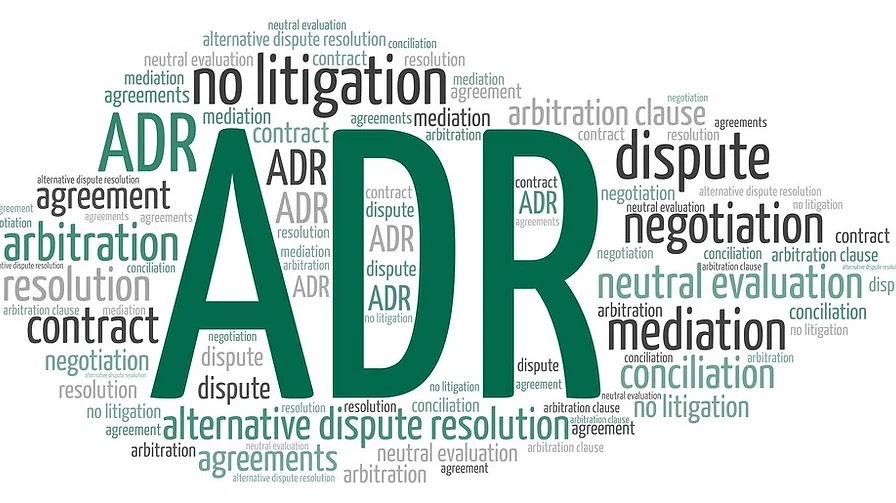Hello, and welcome to mediator.pk—your go-to space for everything you need to know about resolving disputes without the headache of going to court! Today, we’re diving into the fascinating world of Alternative Dispute Resolution (ADR). Don’t worry—it’s not as intimidating as it sounds. In fact, ADR is like having a conversation with your neighbor instead of filing a formal complaint. So, grab a cup of tea, and let’s break it down.
What Is Alternative Dispute Resolution?
Imagine this: You’re stuck in a disagreement—be it with a business partner, a neighbor, or even a family member. Courts are an option, sure, but they’re expensive, time-consuming, and, let’s be honest, stressful. Enter Alternative Dispute Resolution, or ADR for short.
ADR is all about solving disputes in a friendly, efficient, and cost-effective way. Instead of long court battles, ADR gives you tools like mediation, arbitration, or negotiation to reach an agreement. Think of it as taking the scenic route instead of the highway—it’s more peaceful and just as effective!
Why Should You Care About ADR?
Here’s the thing: conflicts are unavoidable, but how you deal with them matters. ADR offers a ton of benefits:
- Cost-Effective: No more draining your wallet on hefty lawyer fees.
- Time-Saving: Forget waiting months (or years!) for a court date. ADR is quick and to the point.
- Confidential: Your business stays private—no public court records.
- Better Relationships: It’s less confrontational, so you’re more likely to mend fences than burn bridges.
Whether it’s a workplace spat, a contract dispute, or a family feud, ADR works wonders for everyone involved.
Types of ADR You Should Know About
Let’s break down the main types of ADR so you know what to expect:
- Mediation:
This is like having a referee in a game—but instead of keeping score, the mediator helps both sides talk it out. You stay in control of the decision-making process, and the mediator just keeps things civil. - Arbitration:
Think of arbitration as a private court. An arbitrator listens to both sides and makes a decision, which is usually final. It’s more formal than mediation but still quicker than traditional litigation. - Negotiation:
The simplest form—just you and the other party (maybe with your lawyers) sitting down to hash things out. No middleman required!
Who Can Benefit from ADR?
Honestly? Everyone.
- Businesses: Avoid messy lawsuits that harm your reputation.
- Families: Solve inheritance or custody disputes without damaging relationships.
- Communities: Settle land disputes or neighborhood issues in a way that brings people together.
Whether you’re dealing with a personal problem or a professional one, ADR can adapt to your needs.
How to Get Started with ADR
So, you’re intrigued and want to give ADR a shot? Great! Here’s how:
- Find a Mediator or Arbitrator: Look for someone experienced and neutral. (Hint: Check out our resources right here on mediator.pk!)
- Prepare Your Case: Gather all the facts and be clear about what you want to achieve.
- Stay Open-Minded: ADR is about compromise, so be ready to meet the other party halfway.
Why We Love ADR (and You Should Too!)
At mediator.pk, we’re all about helping people solve conflicts amicably. ADR isn’t just about avoiding courts—it’s about empowering you to take charge of your disputes. It’s faster, cheaper, and lets you walk away with your dignity intact.
So, next time you’re facing a tough disagreement, remember: ADR might just be your best bet. And if you need help navigating the process, we’ve got your back.
Final Thoughts
Life’s too short for endless court battles. With ADR, you get to resolve conflicts in a way that’s efficient, fair, and even a little bit empowering. Want to learn more or share your ADR story? Drop us a message or explore our blog for more tips and tricks.
Happy resolving!



